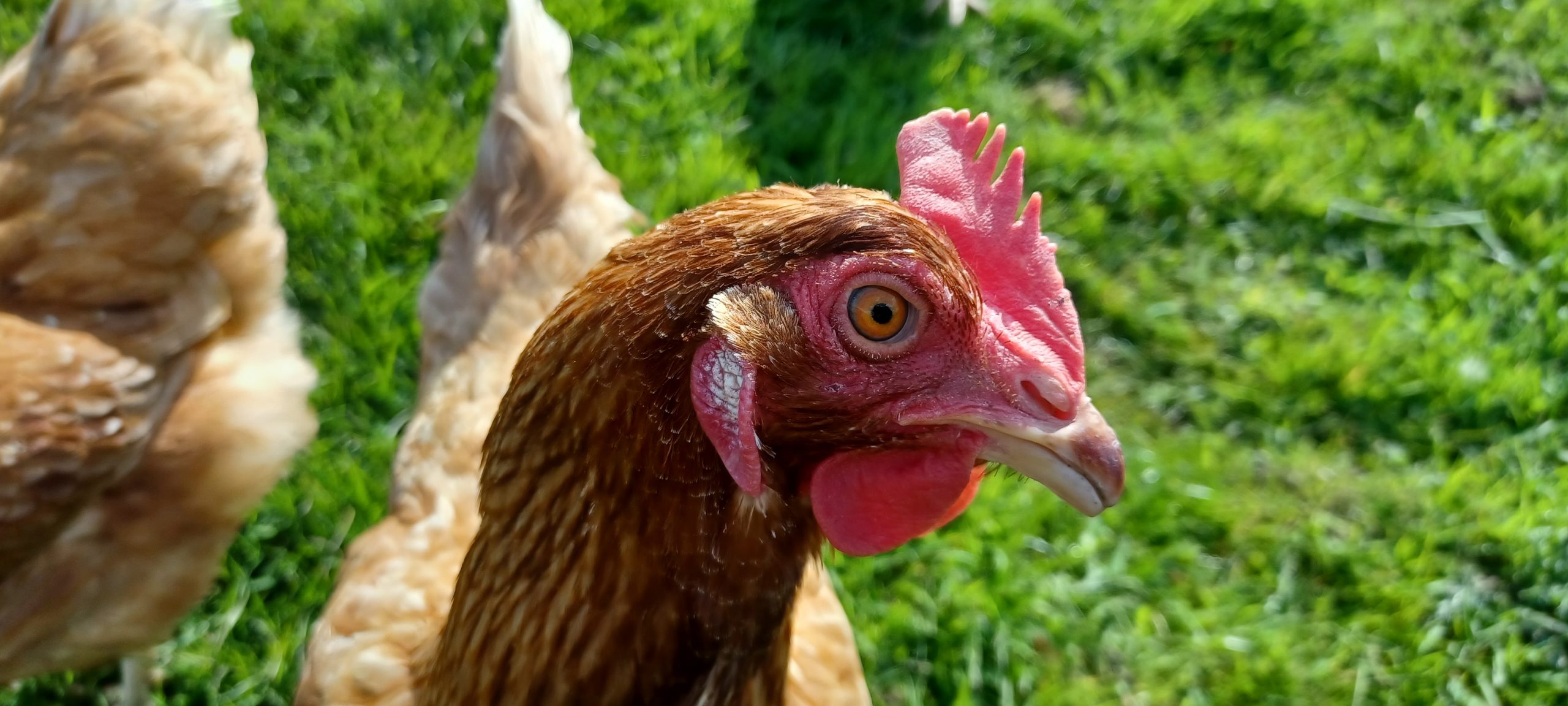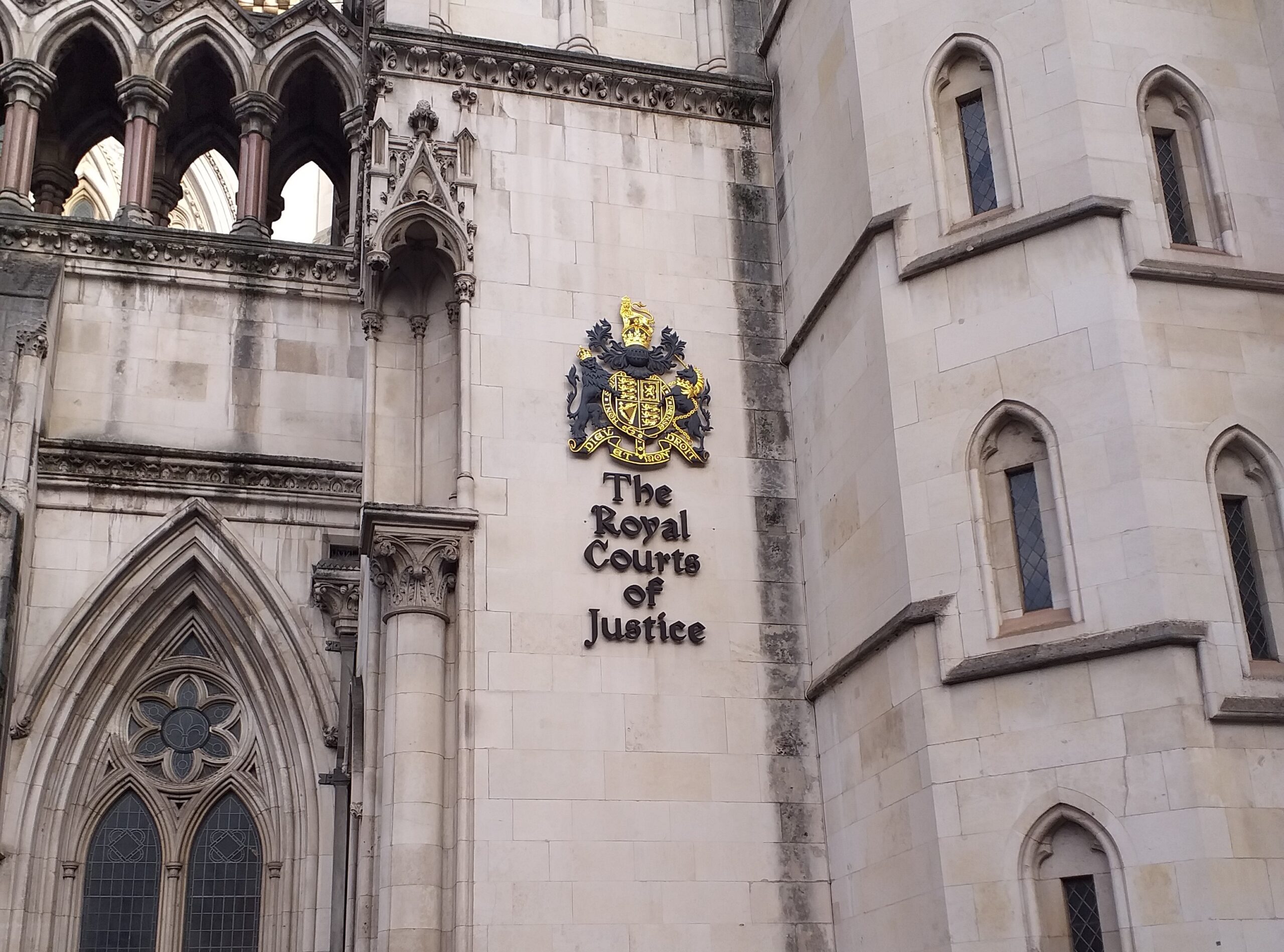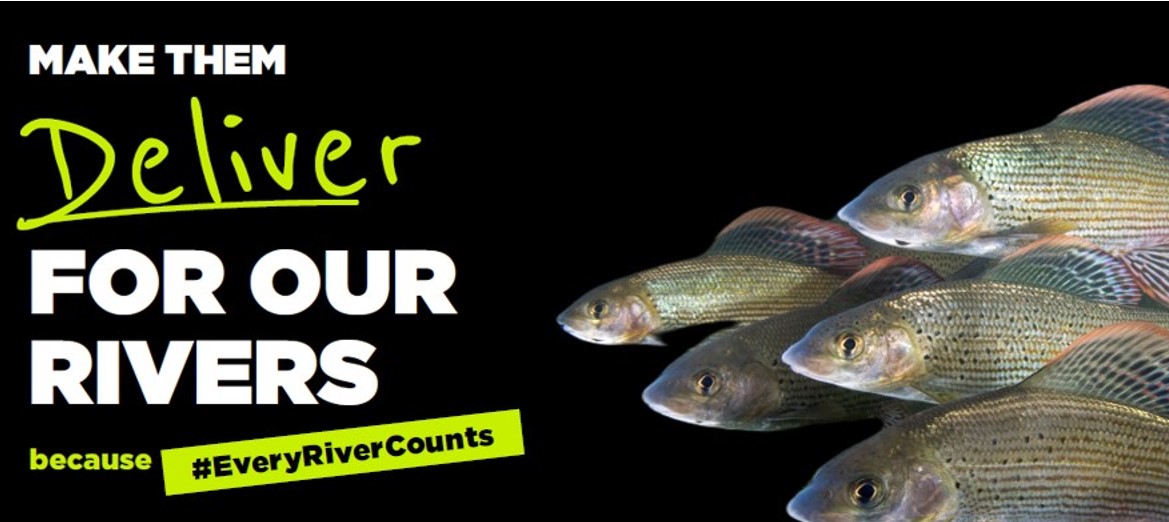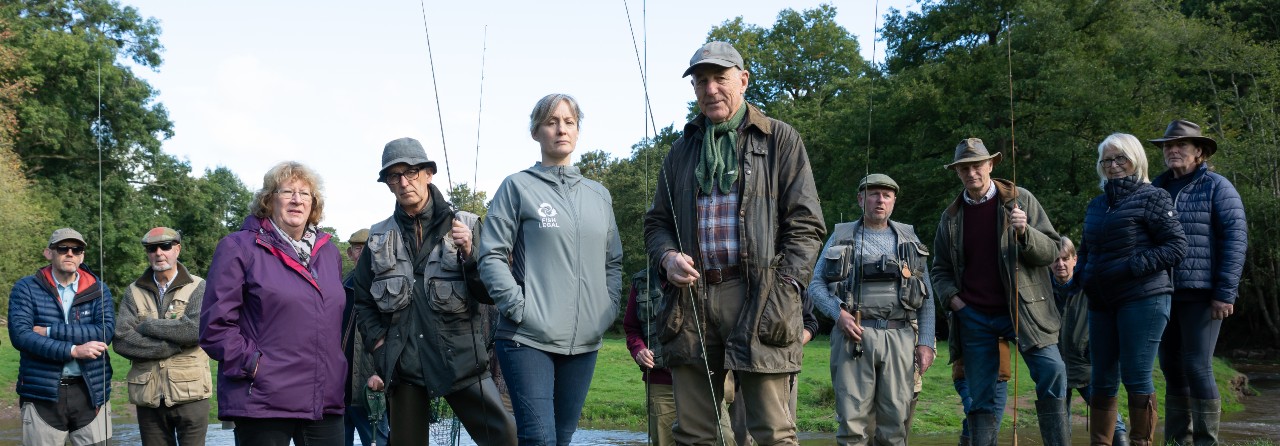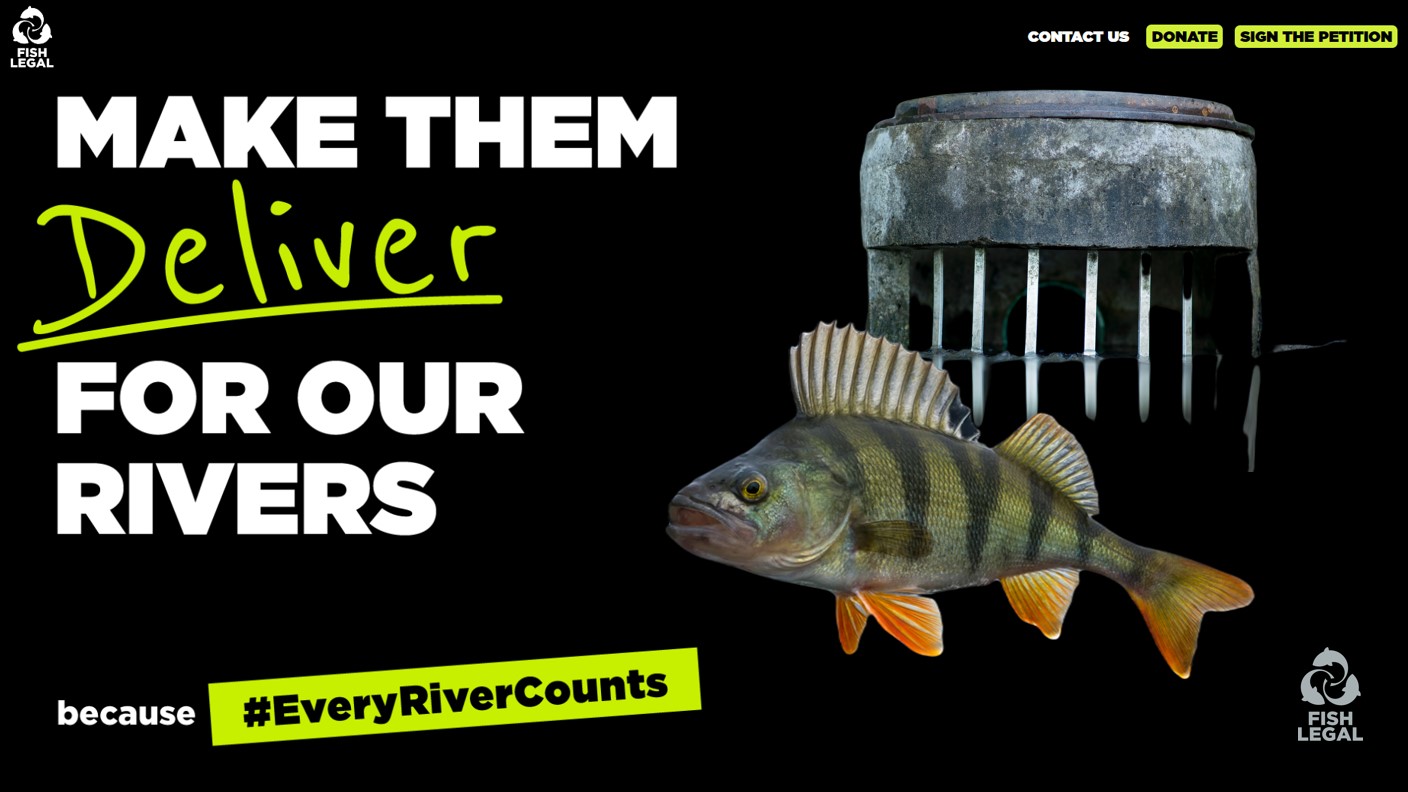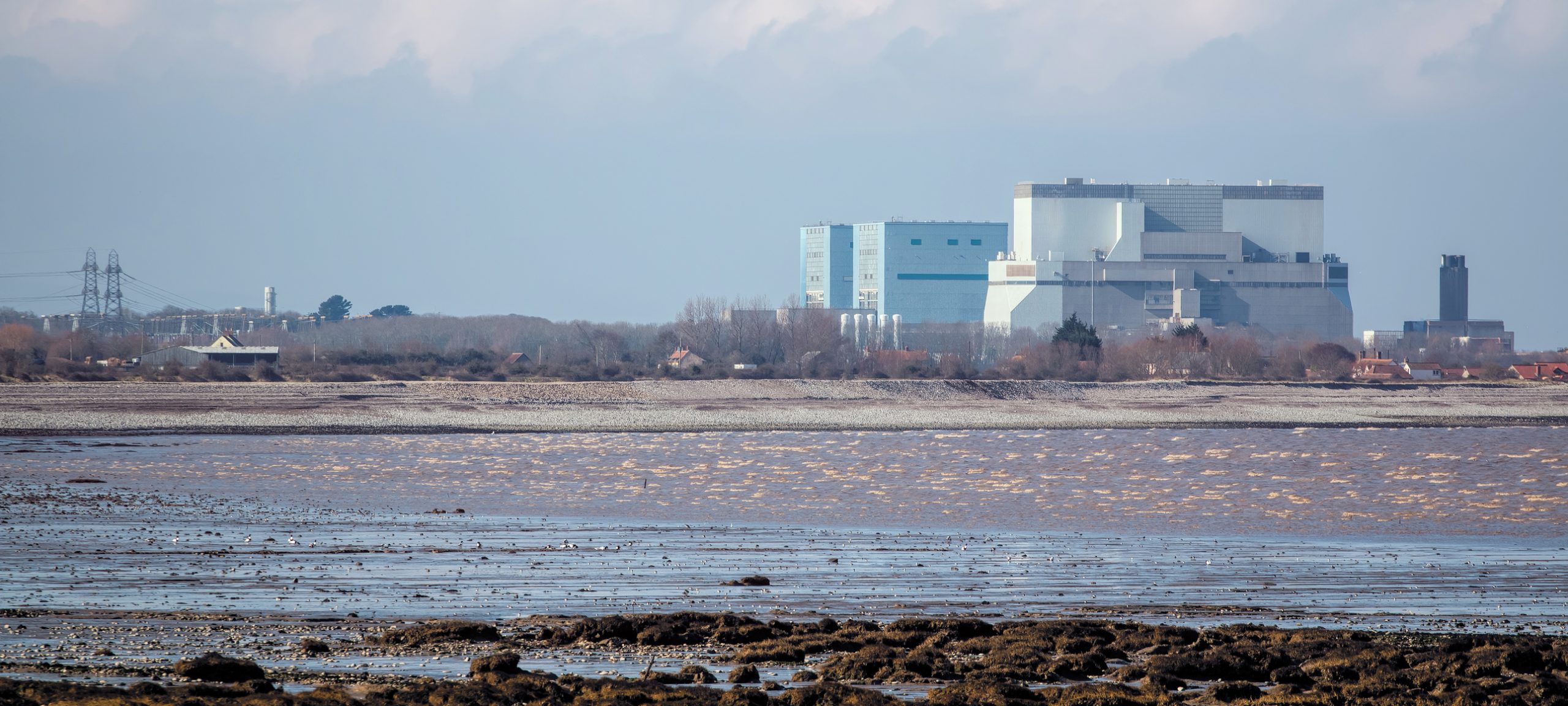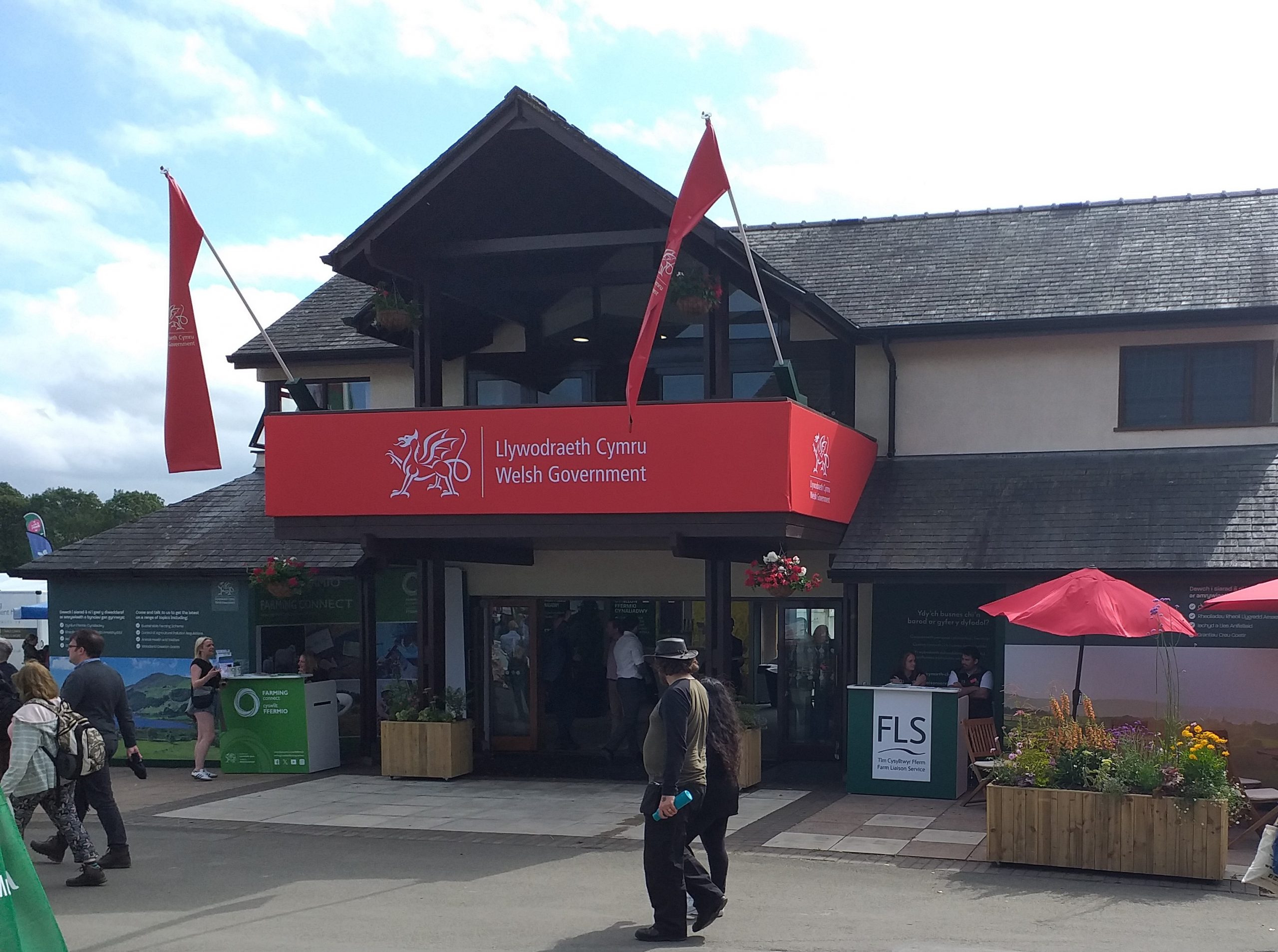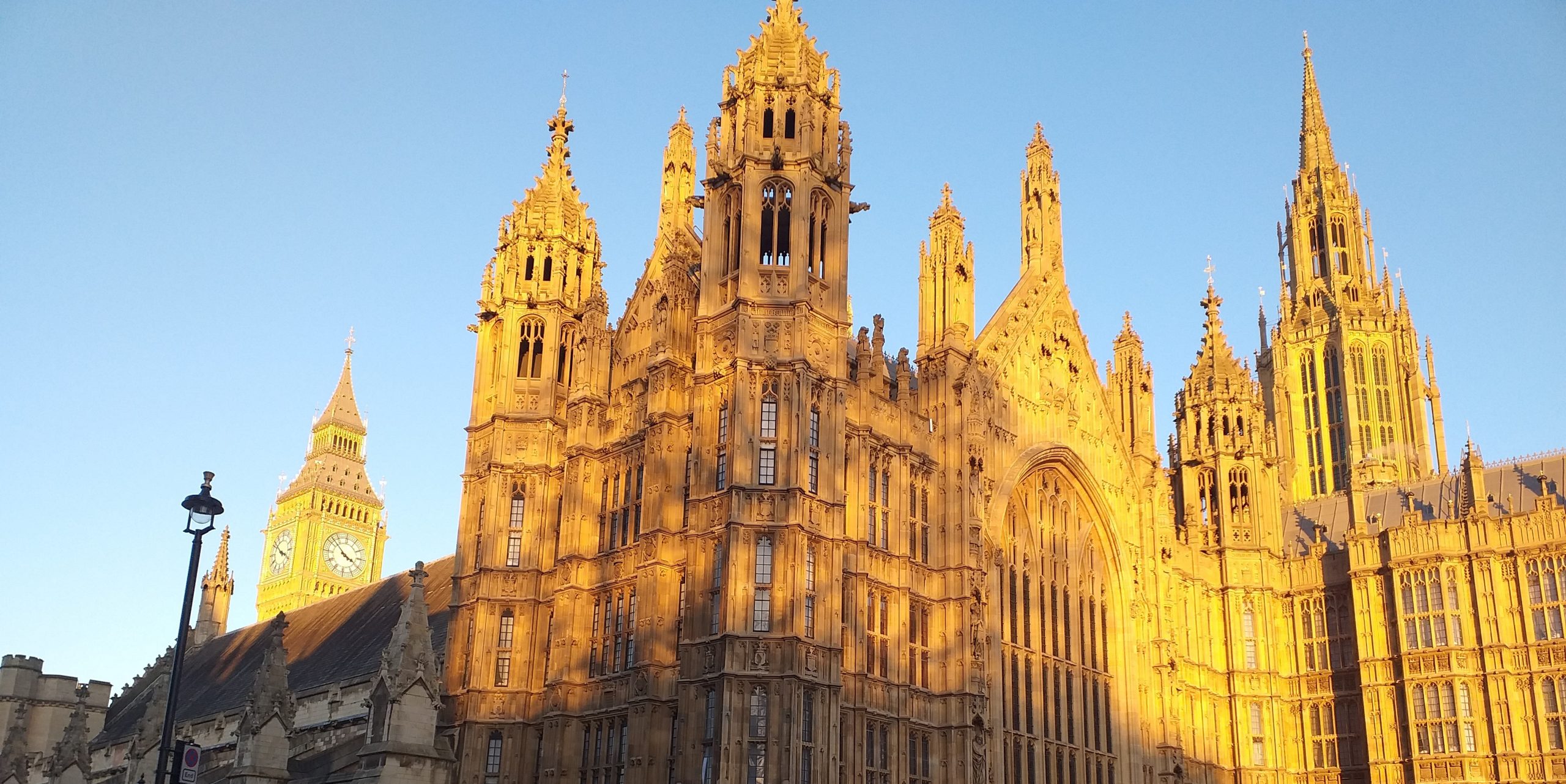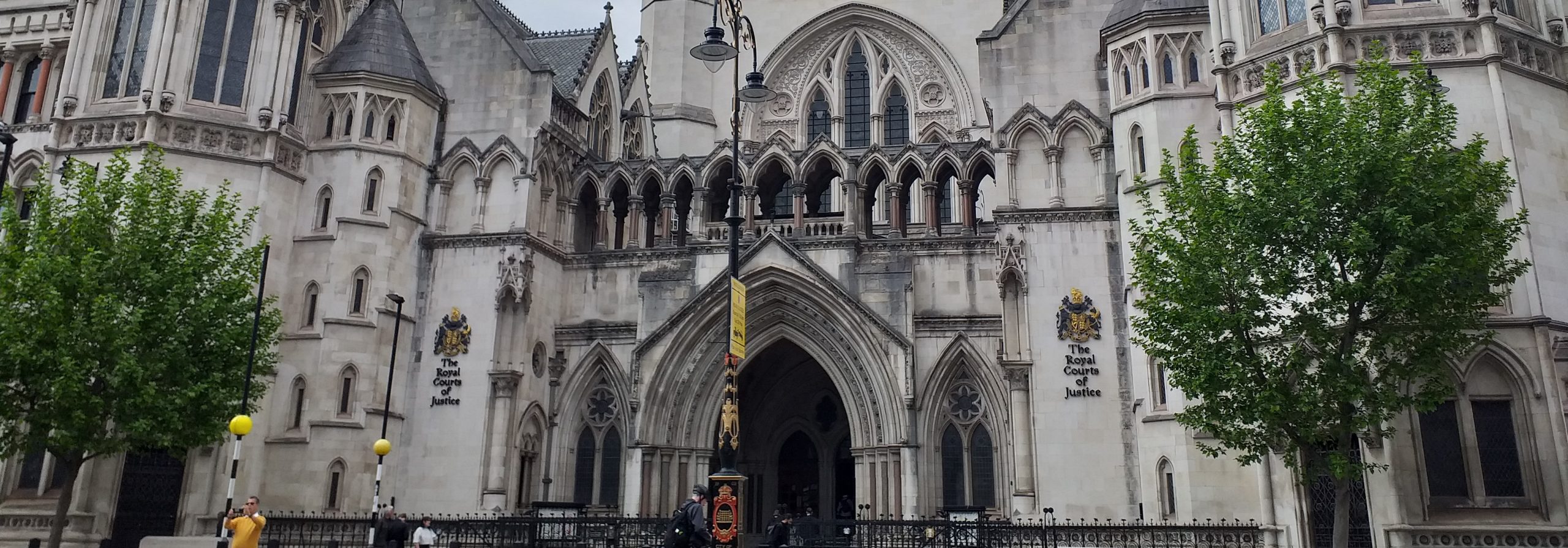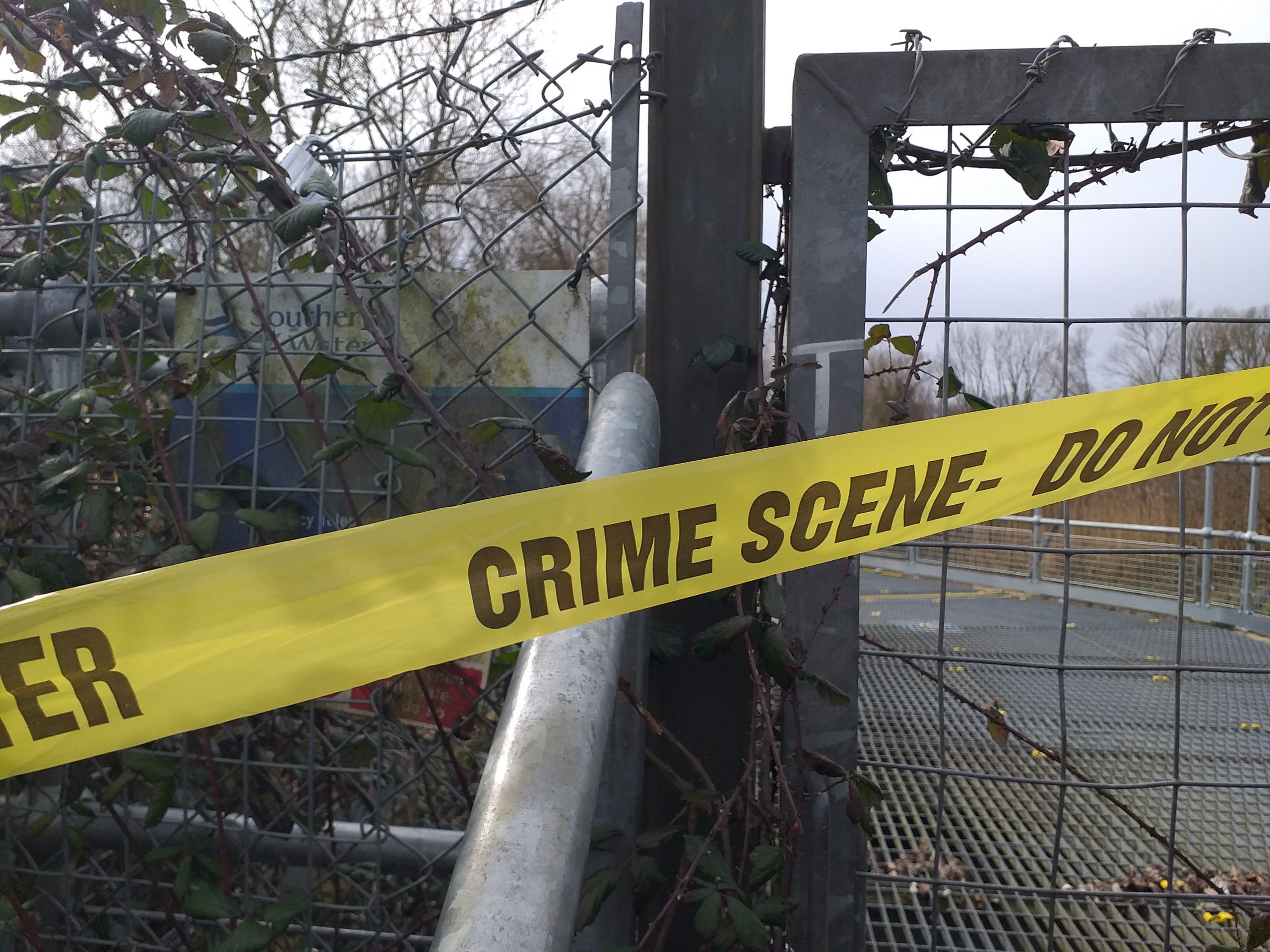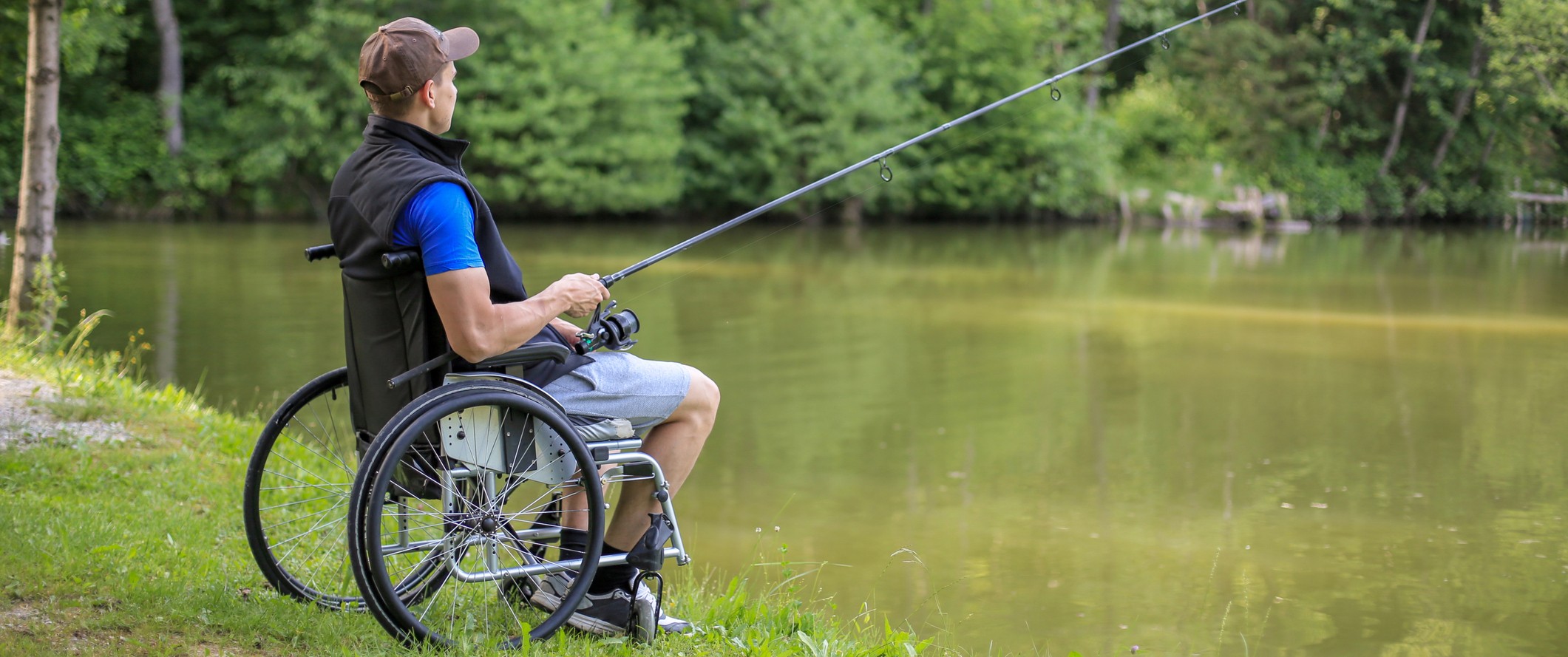News
Fish legal loses Wye case at Court of Appeal after long battle – despite planning “error of law”
Fish Legal has lost one of its cases relating to the increasing numbers of poultry farms in the River Wye Special Area of Conservation catchment.
Earlier this year, Powys Council granted planning permission for two intensive poultry units up to 90,000 birds at Wern Haelog near Builth Wells next to the Wye. The proposal included a plan to export the manure and dirty water to an anaerobic digestor nearby. However, as the Brecon Beacons National Park Authority, Herefordshire County Council, and the Campaign for the Protection of Rural Wales (‘CPRW’) pointed out, the digestate would still contain very high levels of phosphates that would be spread on land within the catchment of the SAC.
But the council granted planning permission, arguing that what happens to the manure once It has been changed into digestate Is “not material”.
Fish Legal argued in the High Court in Cardiff that Powys had not considered the spreading of digestate within the Wye catchment – but was refused permission to proceed with a judicial review. Fish Legal then appealed to the Court of Appeal.
Error of law
Despite refusing Fish Legal’s appeal, Lord justice Lewison acknowledged that Powys’ position that the spreading of digestate was not material was “arguably” an “error of law”. But, nevertheless, Lewison LJ went on to say that the Council had conducted a full assessment of impact and had relied on Natural Resources Wales’ lack of objection in granting planning permission. In his short ruling he also suggests that the council could “rely on the existence of a regulatory regime, of which NRW was itself the regulator”.
Justin Neal, Fish Legal Solicitor commented, “This is obviously disappointing – not least for the river Wye. The difficulty we have is that although there is more than one way to describe the same assessment provided by the council, we can’t see where the spreading of digestate was considered. And NRW do not – as far as we are aware – regulate the spreading of digestate – nor is it fully regulated as a permitted activity. So, there are massive regulatory gaps where pollution is likely to occur.”
He continued, “For the time being, the Wye has become little more than a receptacle for pollution with no one really stepping in to turn things around. We suggest that NRW now confirms publicly that it does not regulate the spreading of digestate and to say what it intends to do to stop digestate fertiliser from causing pollution.”
